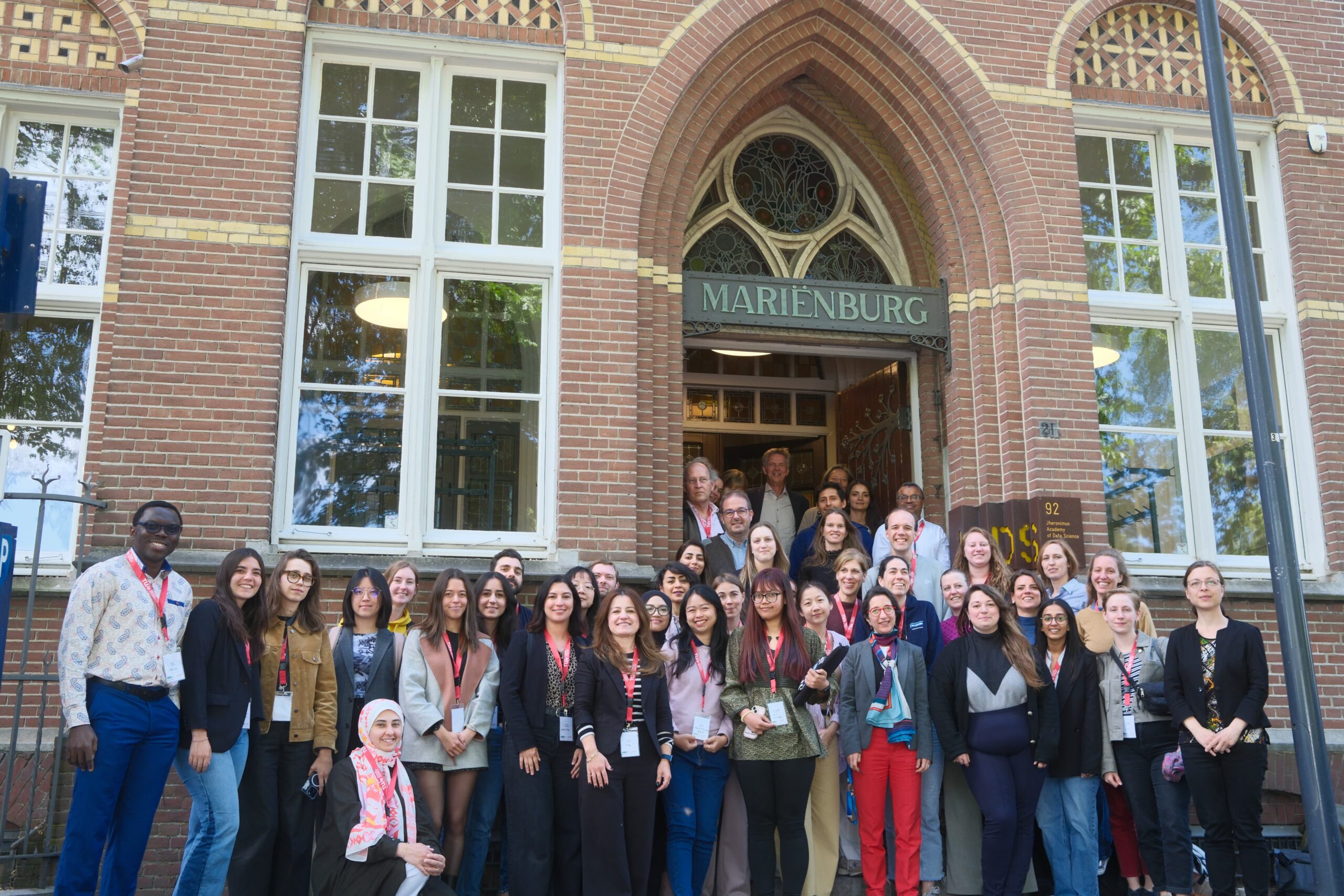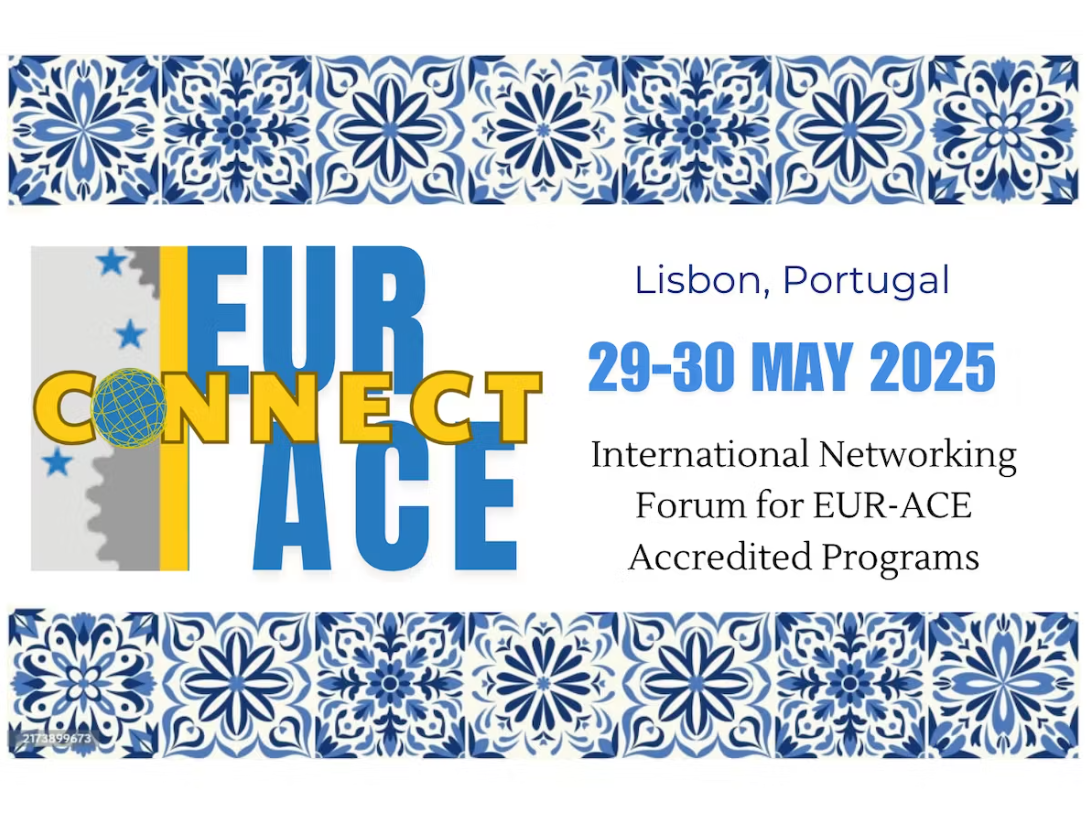📍 Eindhoven, The Netherlands📅 20–23 May 2025 The SEFI PhD Summer School 2025, held at the inspiring JADS…
15-16 February – Genova, IT. UNESCO Regional consultation meeting for Western Europe: “The role of quality assurance in higher education: challenges, developments and trends” was organized by the AAW. This conference is part of the program “Education 2030” of UNESCO.
This conference was about the challenges that QA agencies are facing nowadays. Many debates took place, similar to the ones Munich last year: institutional versus program accreditation, the role of accreditation in relation to sustainable development, and the role of QA in internationalization, evaluation of digital education.
- After an introduction by the former president of EPFL, who presented us his model of “Extension school” leading to the “EPFL Certificate of Open Studies”, diversification of education offer has been introduced. The more specific topic of quality in MOOCs and distance learning has been particularly presented by Ebba Ossiannilsson (Quality models in on line and open education around the globe, may 2015, ), and in the presentation of the results of a survey led by ENQA et EADTU on QA in different kinds of teaching in 15 European countries. In this context, the problem of incoming refugees has been discussed with the ONG KIRON that offers them a MOOC solution for integrating our universities.
- The link of QA with sustainable development has ignited a big discussion. Opinions differ according to the countries, some think that there should not be any interference and other think that the role of agencies is to stimulate universities in this field. However good ranking of universities is very often correlated to a positive attitude toward Sustainable Development! As a part of this topic, a very interesting project called UNIBILITY was presented.
- The accountability of agencies: it is necessary to publish the successes of institutions, QA works to the benefit of institutions. Therefore institutional and program accreditation must be carefully articulated; it seems that some agencies do not agree with the publication and development of their processes.
- Internationalization which is much more than mobility statistics, many projects on intercultural skills are on their way at this moment (CEQUINT for example). Academic recognition also as seen by the survey of a recent enquiry of ENQA is part of the benefits.
This insightful conference will resonate through the circles of quality accreditation for a while!
Prof. Anne-Marie Jolly
Chair of SEFI WG on Quality Assurance and Accreditation

